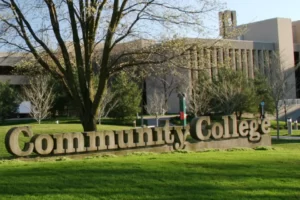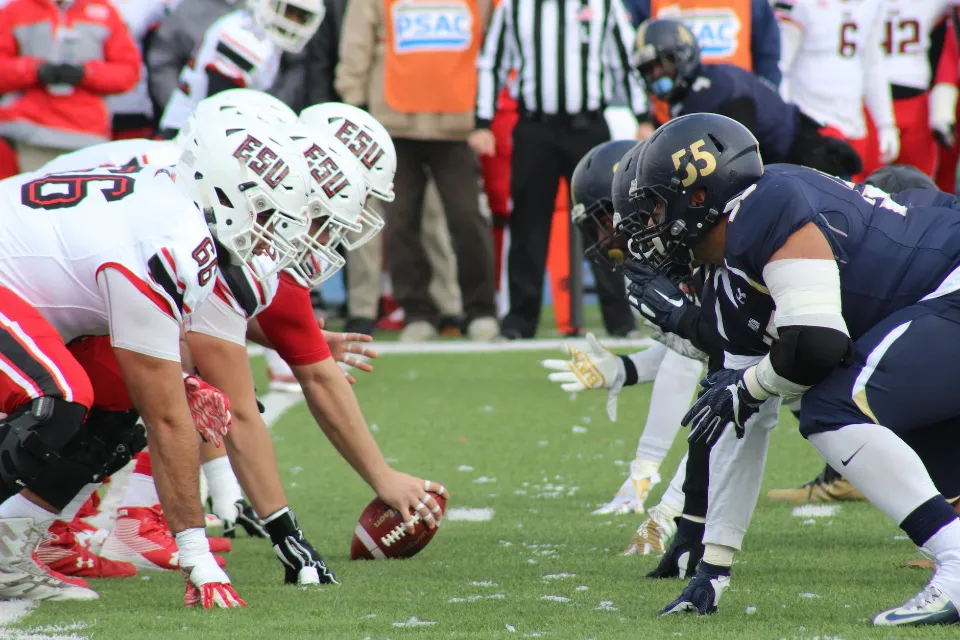
Do Community Colleges Have Sports? Of Course!
This in-depth guide shows you the benefits of playing sports at community college as well as what sports you can play to get scholarships.
You might be afraid that your dreams of playing sports will be dashed if you’re about to enroll in a community college. sports programs at community colleges? You might be surprised to learn that some community colleges, also known as junior colleges or jucos, have athletic programs that compete with four-year universities.
You will discover that there are some undeniable benefits to playing a sport at a 2-year college, including those related to cost and playing time if you are considering participating in athletics in community college.
You can start pursuing your goal by using this comprehensive guide to community college sports.
Do Community Colleges Really Have Good Sports Programs?
Yes, community colleges that offer sports programs have raised their levels of competition over time. Community colleges are now a top source of talent for scouts from universities and professional leagues, who frequently recruit there.
Related:
With over 60,000 student-athletes from more than 500 member colleges competing in 27 different sports, NJCAA (the governing body of sports at the community college level) has become the second-largest national intercollegiate sports organization. It is now only second to the NCAA.
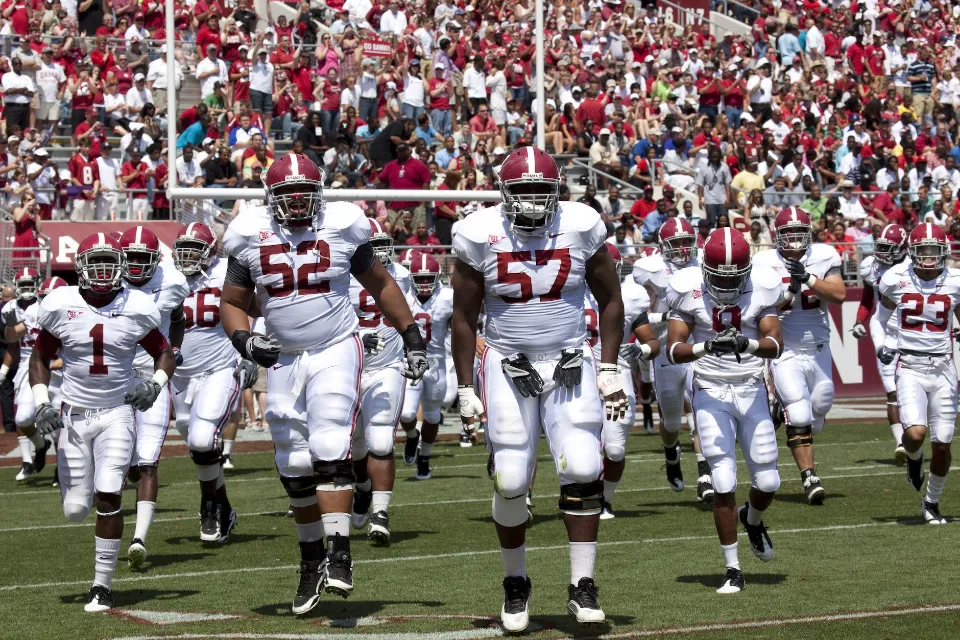
A huge opportunity for community college students is provided by the NJCAA, which additionally hosts 52 national-level championship events annually. Athletes specifically choose to play JuCo (Junior College or Community College) sports for a variety of reasons.
What Sports Can You Play at Community College?
While you can play anything from Division level football to Ultimate Frisbee as a sport at community colleges, you are unlikely to land a scholarship unless you are playing one of the approved sports by the NJCAA.
You should inquire with the community college you intend to attend to find out if they offer the sport of your choice before enrolling.
Another related question we get frequently asked is, “Can a player without previous experience play college sports?”
Related: What Are The Most Popular College Sports In America?
In actuality, even if you did not participate in that sport in high school, it is not at all difficult to get into community college to play a sport. However, you will need to put in a lot of effort and demonstrate your potential quickly if you want to play at the Division level.
The list of sports offered to men and women by the National Junior College Athletic Association is as follows:
Men
- Baseball
- Basketball
- Bowling
- Cross Country
- Football
- Golf
- Ice Hockey
- Lacrosse
- Soccer
- Swimming & Diving
- Tennis
- Track and Field
- Volleyball
- Wrestling
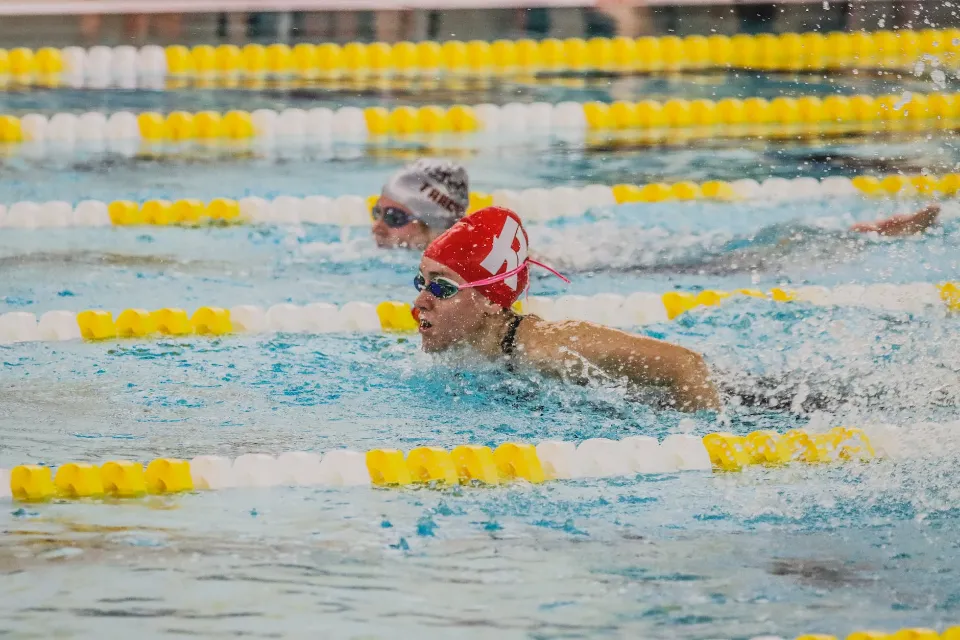
Women
- Basketball
- Bowling
- Cross Country
- Equestrian
- Golf
- Lacrosse
- Rugby
- Soccer
- Softball
- Swimming & Diving
- Tennis
- Track and Field
- Volleyball
- Wrestling
Advantages
Cost Effectiveness
Cost is always one of the benefits when talking about community colleges. The same holds true for athletics. It’s possible to get a scholarship if you’re a good athlete. The amount of athletic scholarship money that colleges in Division I, Division II, and Division III may give out varies.
However, even without a scholarship, completing your core coursework at a community college for a year or two before transferring to a 4-year public or private college will save you money.
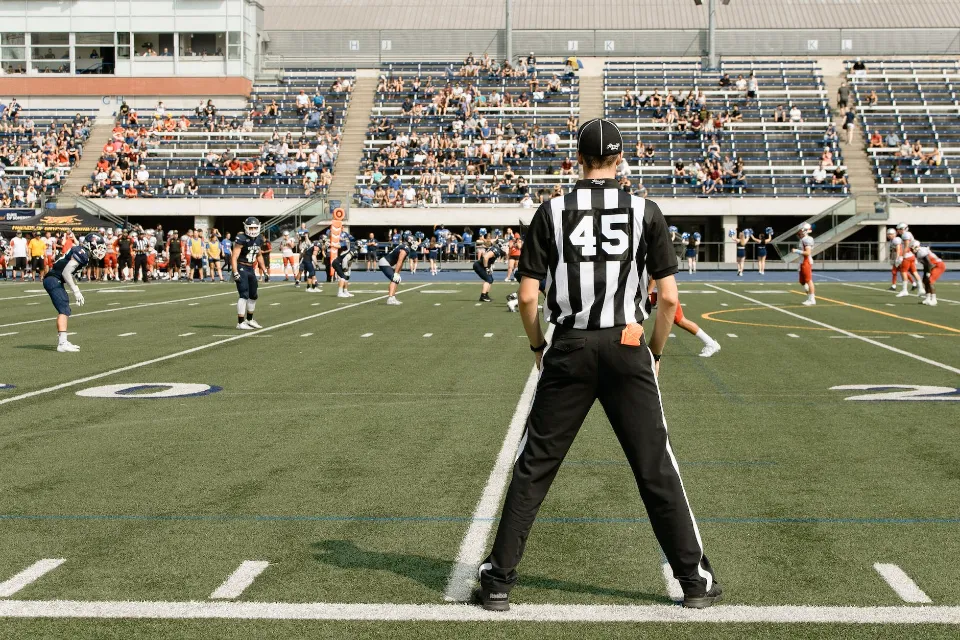
Academics and Athletics
If you’re a serious athlete but maybe not academically eligible to attend an NCAA or NAIA college, two years of good grades at a community college may improve your chances of being accepted. You can also get used to postsecondary academics and athletics in a less stressful environment by attending community college.
Perhaps you were a strong athlete in high school, but not strong enough to receive an athletic scholarship to the NCAA college of your choice. If you participate in athletics at a community college, you will have access to resources and extra time to develop your sport under the guidance of a qualified coaching staff.
As there are no upper-level students vying for spots on the court or field, you are also more likely to get playing time at the community college level.
College Experience
Athletics are a great way to meet people, even if you don’t plan to play at a high level after community college. Athletes can help you meet people who share your interests because it can be harder to make friends if you don’t live on campus.
There may also be intramural sports that offer comparable opportunities with more adaptable practice schedules and lower intensity if you’re looking for less commitment.
Scholarship Opportunities
It is easier to get scholarships, grants, or financial aid at community colleges.
You should also note that community college athletes get scholarships more often than university athletes do because community colleges are by their very nature set up to help students who are deprived of opportunities.
This is likely welcome news to you given that community colleges are initially more affordable. The average tuition at a community college is around $3,440, while that for a private university is around $32,410.
Transferring to a University
Improving your GPA while at community college gives you a shot at transferring to a university of your choice after two years.
While athletes can and do enter the professional ranks straight out of community colleges, some believe that spending two more years playing varsity-level sports at a university will improve their skills and increase their chances of being recruited by professional leagues.
If you are planning to transfer then this in-depth guide on transferring from community college to university will help a lot.
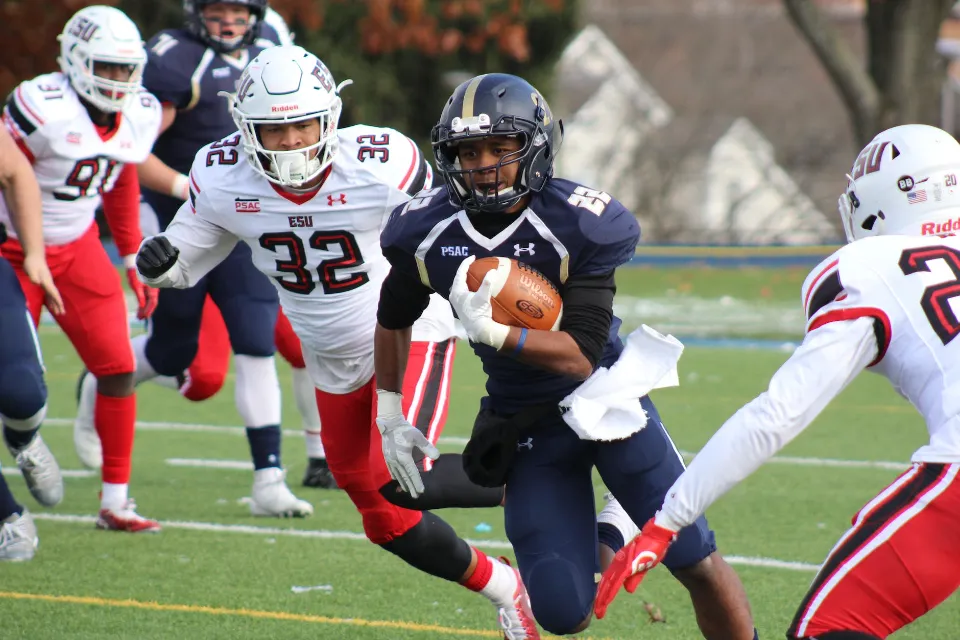
Considerations
There are a few other factors to consider before playing sports in community college. One of them is the same for all college athletes, and that is the inherent challenge of juggling athletic practice and academic work. But if you want to continue your education at a 4-year institution, mastering this balance now will help you become a more effective student-athlete later on.
Community college coaches, according to College Sports Scholarships, have a smaller budget and staff to actively recruit. This means that you will need to get in touch with college coaches to express your interest and inform them of your skills.
The NJCAA’s limitations should also be considered. Athletes are only allowed to play for two seasons, as was previously mentioned. Furthermore, student-athletes who wish to transfer should get in touch with the college or university they are interested in to find out about the eligibility requirements set forth by the college or their governing body.
Community College Athletic Scholarships
Depending on your school, a number of community college athletic scholarships may be available. The National Junior College Athletic Association (NJCAA) is a group of schools that offer scholarships. The level of a college competition may be chosen by schools that are NJCAA members.
Divisions I, II, or III apply to these levels. These categories are typically based on school size, with Division I schools being the biggest. However, smaller schools can choose to compete at higher levels.
Full-ride scholarships are available from NJCAA schools that compete in Division I and cover tuition, room, and board, as well as other costs such as textbooks. Schools in Division II and III may not provide room and board and do not offer athletic scholarships.
Choose an NJCAA that competes at the Division I level if you want to be awarded a full-ride scholarship. In Florida, for instance, many community colleges participate in Division I competitions. Among them are Miami-Dade College, Palm Beach State College, and Daytona State College.
Conclusion: Community Colleges Have Sports
Sports are being offered at more community colleges than ever before. NJCAA, the governing body for athletics has further fueled the development of sports at the community college level.
Your future educational and sporting options can benefit from your participation in college athletics. If you weren’t the best student-athlete out of high school, a strong community college record can help you transfer to a bigger, more prestigious athletic program.
FAQs
Can You Do Sport at Community College?
Yes, over 50% of community colleges offer highly competitive sports.
Why Do Athletes Go to Community College?
Many student-athletes find junior colleges (JUCO) to be fantastic options. They provide opportunities and options that four-year colleges are not able to provide. They are a great stepping stone to a four-year college. A junior college associate’s degree can also be a goal in itself.
Why Do Most People Go to Community College?
The advantages community colleges offer students are numerous: low-cost tuition/fees, campuses close to home, small class sizes, and the most significant benefit is the opportunity to transfer to four-year institutions.


